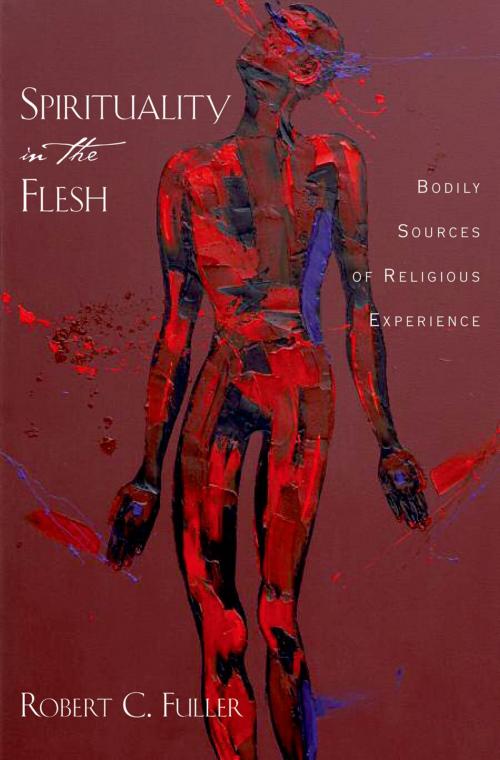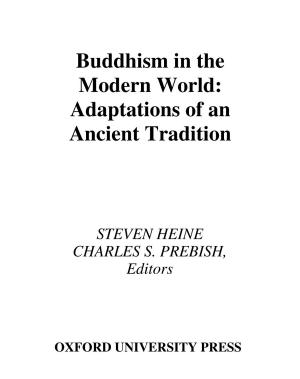Spirituality in the Flesh
Bodily Sources of Religious Experiences
Nonfiction, Religion & Spirituality, Christianity, Church, Church Institutions & Organizations, Health & Well Being, Psychology| Author: | Robert C. Fuller | ISBN: | 9780190451394 |
| Publisher: | Oxford University Press | Publication: | September 8, 2008 |
| Imprint: | Oxford University Press | Language: | English |
| Author: | Robert C. Fuller |
| ISBN: | 9780190451394 |
| Publisher: | Oxford University Press |
| Publication: | September 8, 2008 |
| Imprint: | Oxford University Press |
| Language: | English |
It is now generally accepted that the structure and function of the human body deeply influence the nature of human thought. As a consequence, our religious experiences are at least partially determined by our sensory organs, emotional programs, sexual sensibilities, and the neural framework of our brains. In Spirituality in the Flesh, Robert C. Fuller investigates how studying the body can help us to answer the profoundest spiritual questions. Why is it that some religious traditions assign spiritual currency to pain? How do neurochemically driven emotions, such as fear, shape our religious actions? What is the relationship between chemically altered states of consciousness and religious innovation? Using recent biological research to illuminate religious beliefs and practices, Fuller delves into topics as diverse as apocalypticism, nature religion, Native American peyotism, and the sexual experimentalism of nineteenth-century communal societies, in every case seeking middle ground between the arguments currently emanating from scientists and humanists. He takes most scientific interpreters to task for failing to understand the inherently cultural aspects of embodied experience even as he chides most religion scholars for ignoring new knowledge about the biological substrates of human thought and behavior. Comfortable with the language of scientific analysis and sympathetic to the inherently subjective aspects of religious events, Fuller introduces the biological study of religion by joining together this era's unprecedented understanding of bodily states with an expert's knowledge of religious phenomena. Culling together insights from scientific observations, historical allusions, and literary references, Spirituality in the Flesh offers a bold look at the biological underpinnings of religion and opens up new and exciting agendas for understanding the nature and value of human religiosity.
It is now generally accepted that the structure and function of the human body deeply influence the nature of human thought. As a consequence, our religious experiences are at least partially determined by our sensory organs, emotional programs, sexual sensibilities, and the neural framework of our brains. In Spirituality in the Flesh, Robert C. Fuller investigates how studying the body can help us to answer the profoundest spiritual questions. Why is it that some religious traditions assign spiritual currency to pain? How do neurochemically driven emotions, such as fear, shape our religious actions? What is the relationship between chemically altered states of consciousness and religious innovation? Using recent biological research to illuminate religious beliefs and practices, Fuller delves into topics as diverse as apocalypticism, nature religion, Native American peyotism, and the sexual experimentalism of nineteenth-century communal societies, in every case seeking middle ground between the arguments currently emanating from scientists and humanists. He takes most scientific interpreters to task for failing to understand the inherently cultural aspects of embodied experience even as he chides most religion scholars for ignoring new knowledge about the biological substrates of human thought and behavior. Comfortable with the language of scientific analysis and sympathetic to the inherently subjective aspects of religious events, Fuller introduces the biological study of religion by joining together this era's unprecedented understanding of bodily states with an expert's knowledge of religious phenomena. Culling together insights from scientific observations, historical allusions, and literary references, Spirituality in the Flesh offers a bold look at the biological underpinnings of religion and opens up new and exciting agendas for understanding the nature and value of human religiosity.















